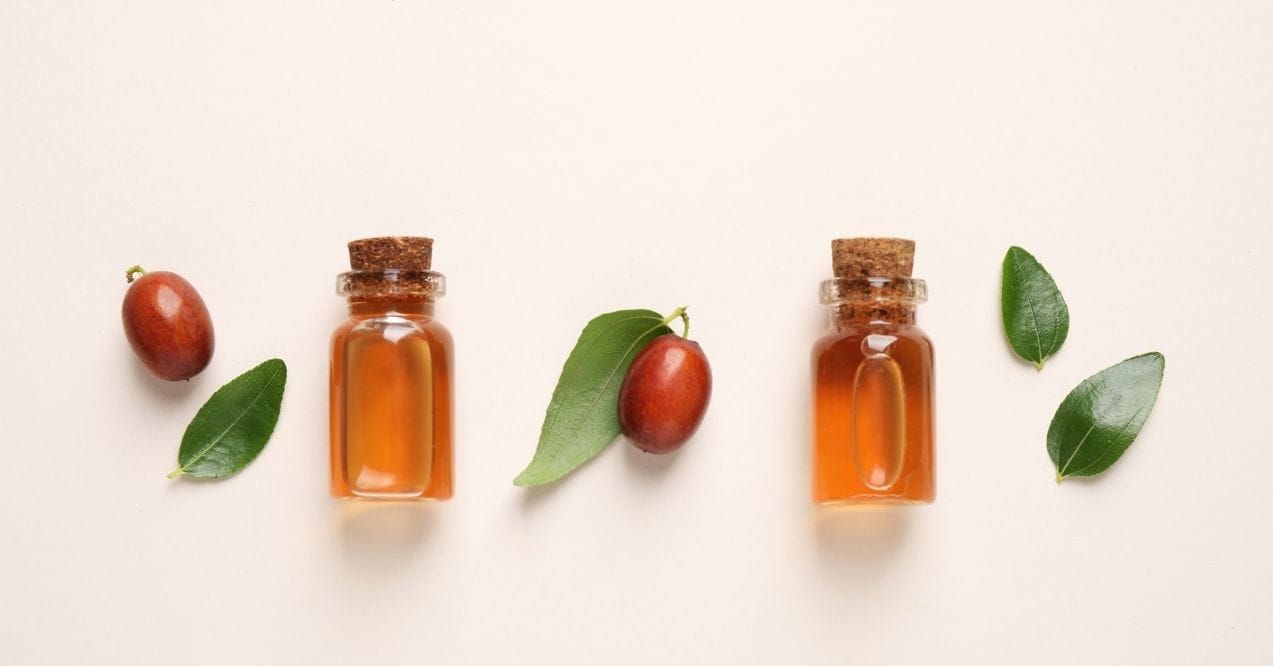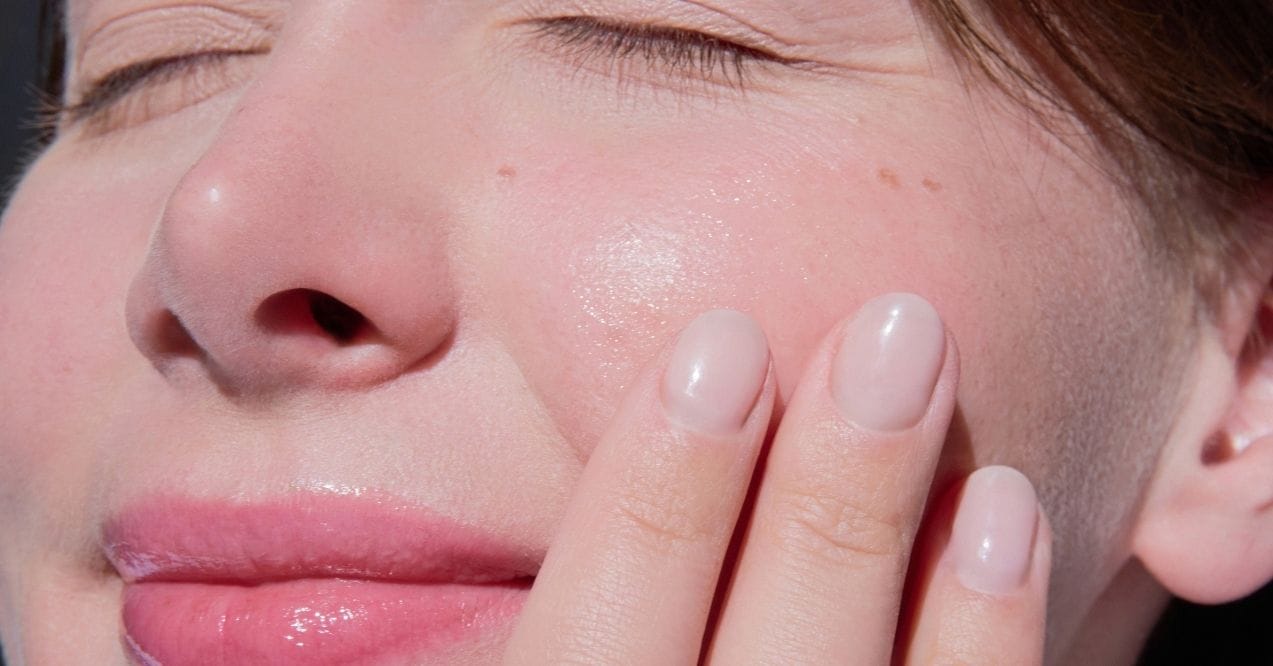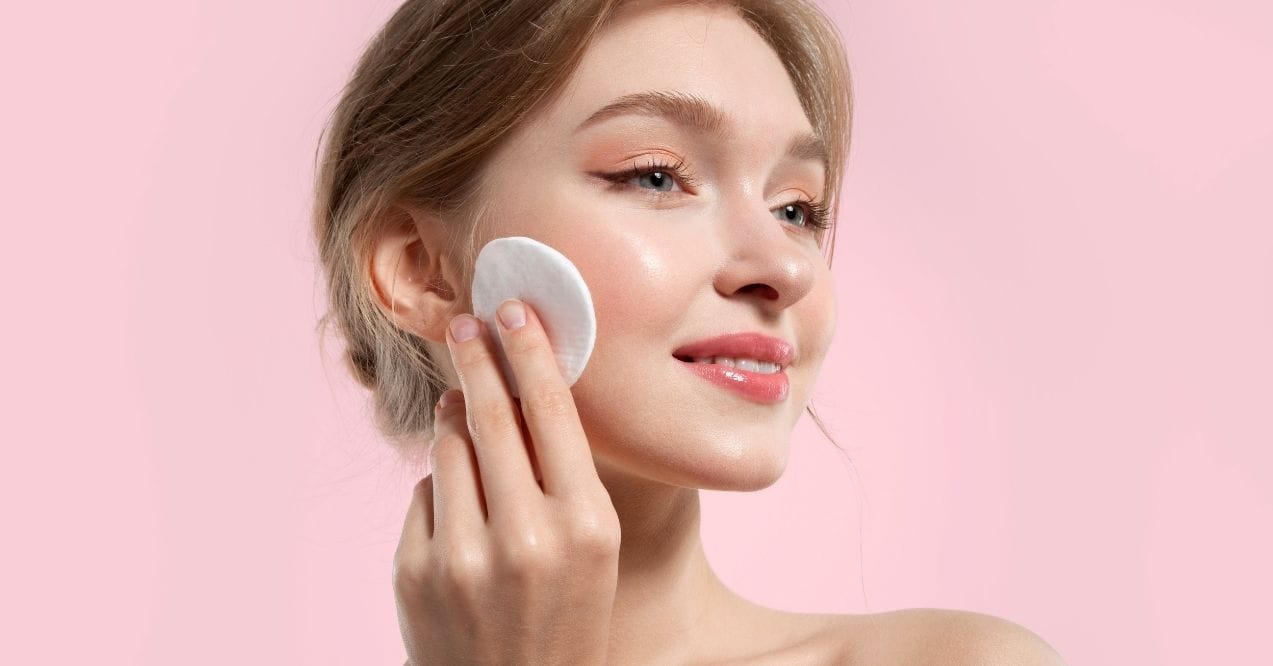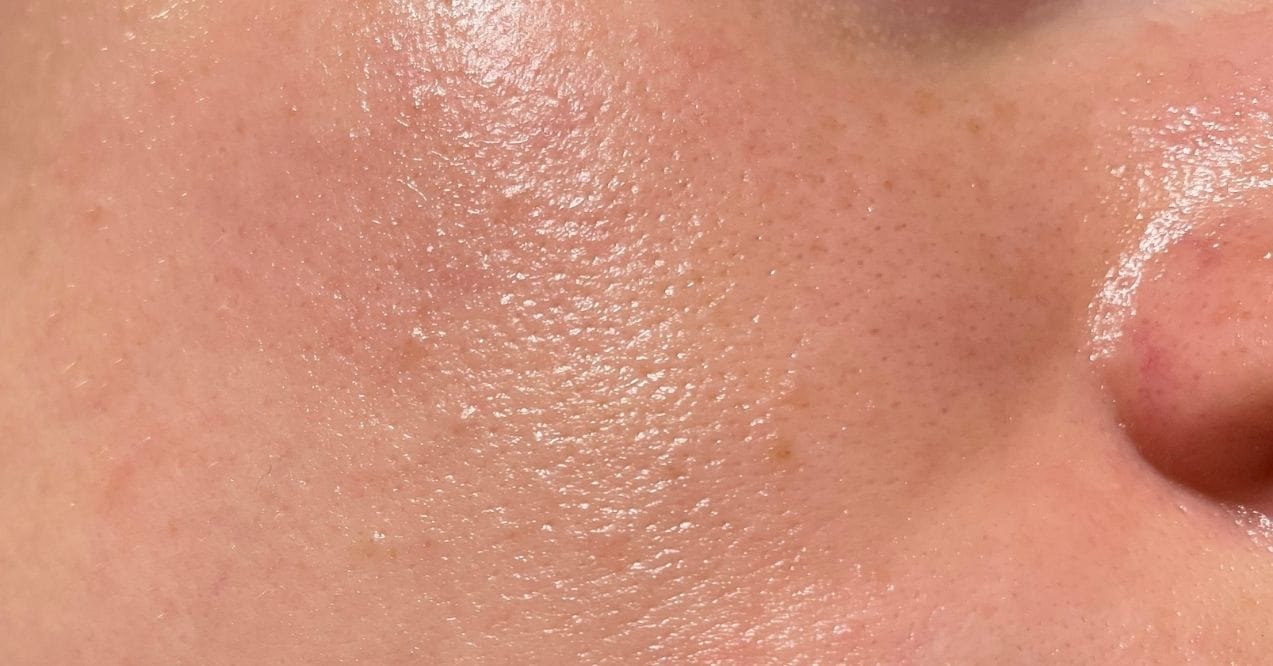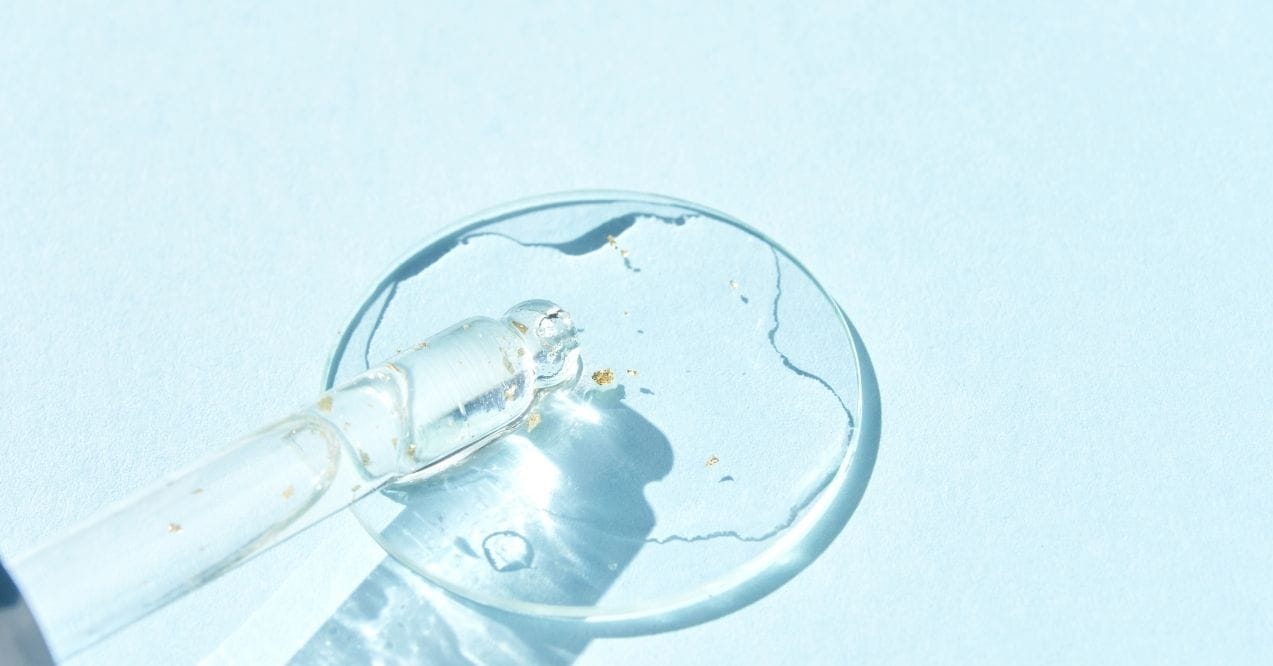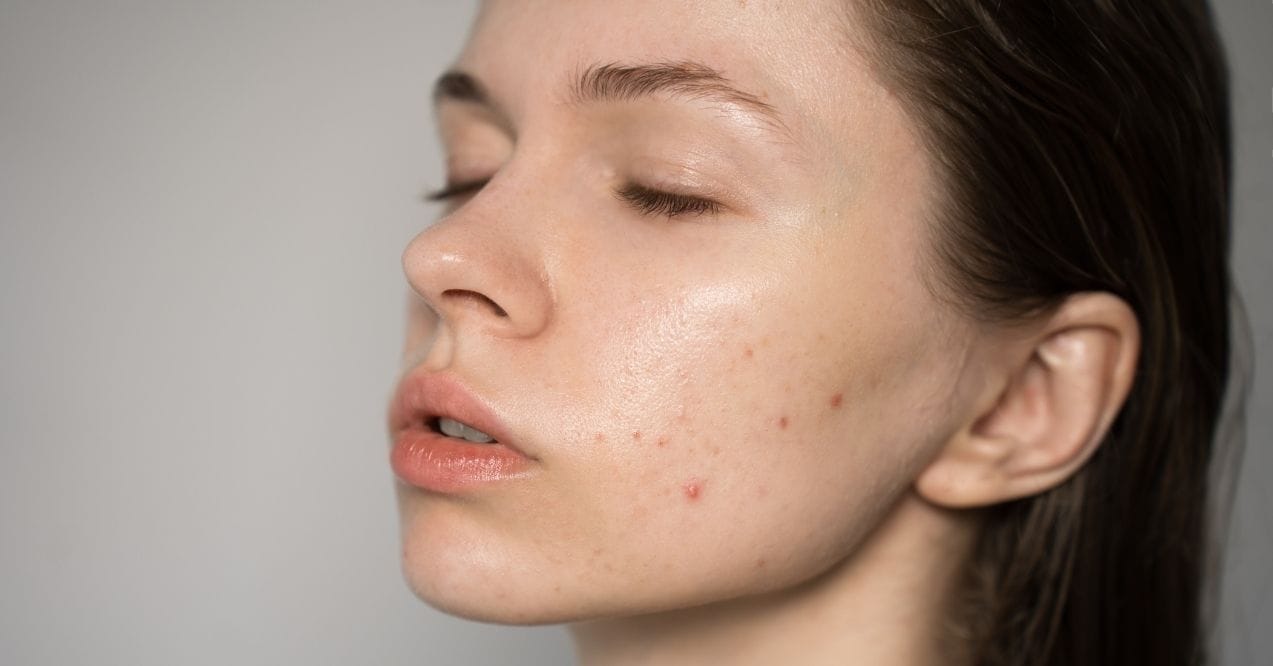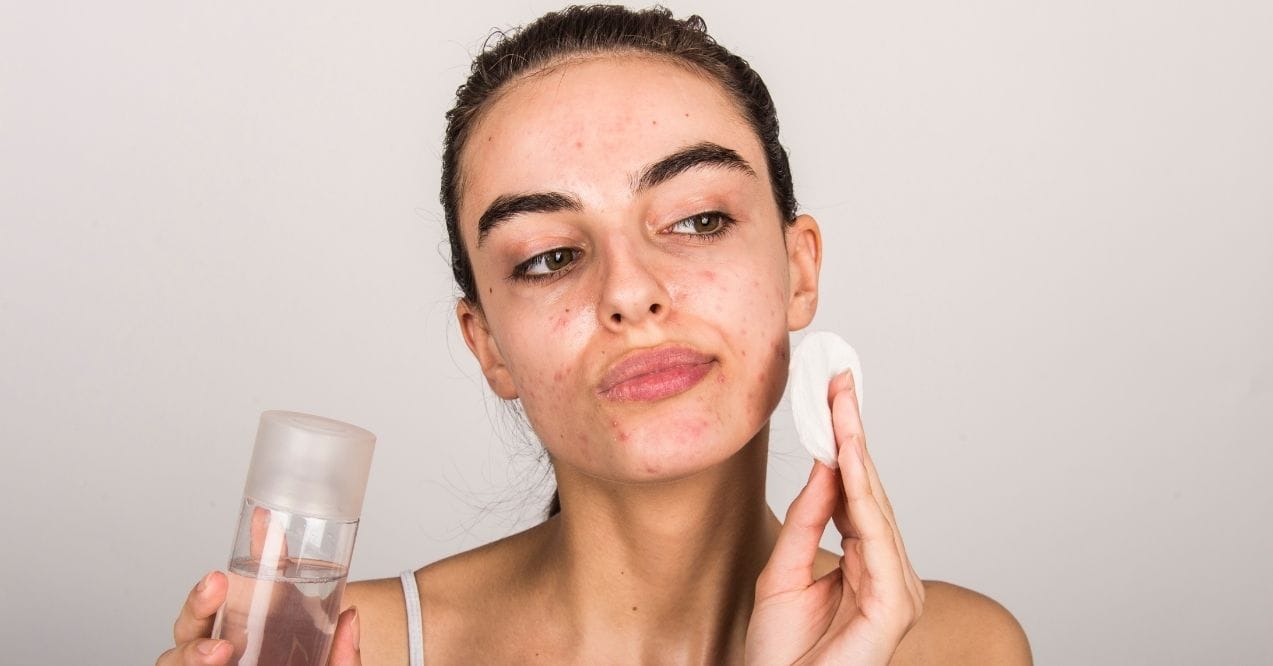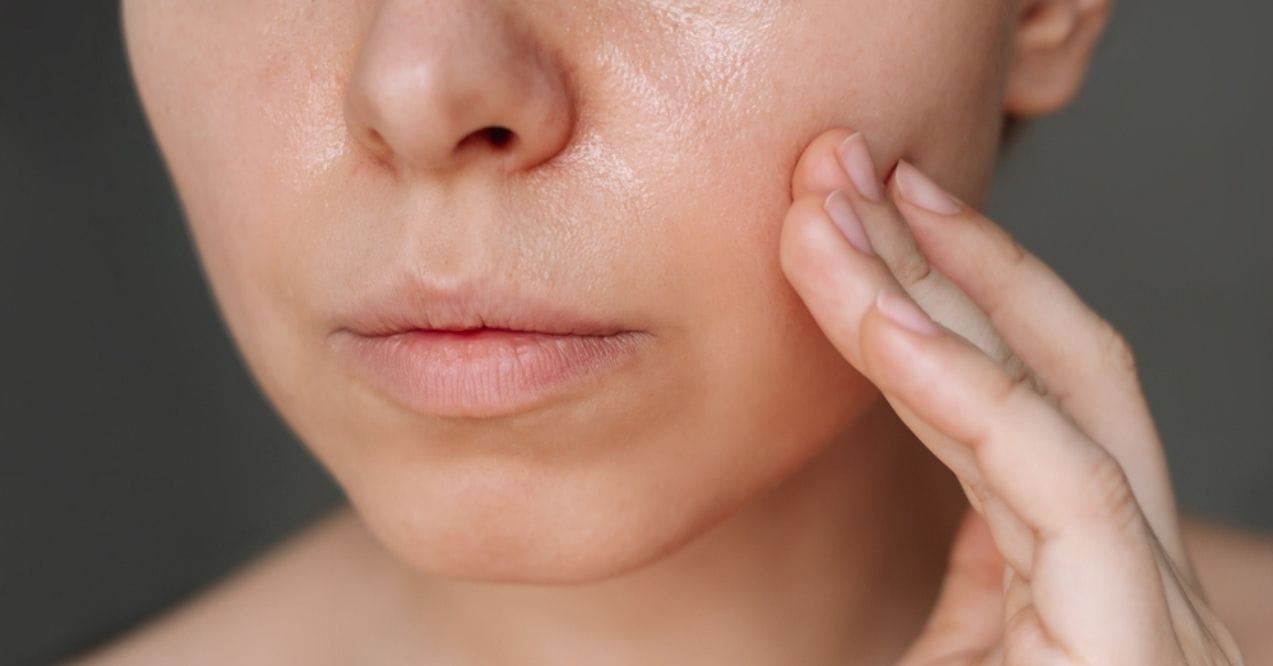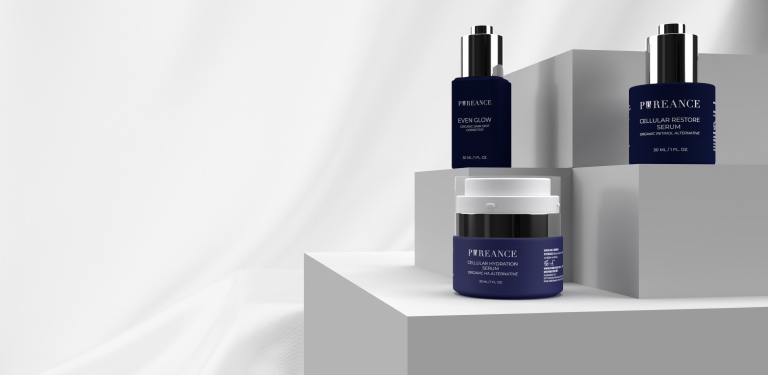


Why Is My Skin So Oily All of a Sudden?
Why is my skin so oily all of a sudden? Sudden changes in skin type can be both confusing and frustrating. Sebum, the natural oil produced by our sebaceous glands, plays a crucial role in maintaining skin health by keeping it hydrated and protected. However, when sebum production goes into overdrive, it can lead to an excessively oily complexion. Various factors, such as hormonal shifts, genetics, and environmental conditions, influence sebum production. Therefore, understanding these factors is essential to addressing and managing unexpected changes in skin oiliness effectively.
Key Article Findings
- Sudden increases in skin oiliness can be caused by factors like hormonal changes, stress, and environmental conditions, each of which impacts sebum production.
- Over-washing or using harsh skincare products may strip the skin of natural oils, causing the sebaceous glands to overcompensate by producing more oil.
- Consistent skincare practices, including gentle cleansing, staying hydrated, and using non-comedogenic products, can help manage excess oil and maintain skin balance.
Why Is My Skin Oily All of a Sudden?
Why is my skin so oily all of a sudden? Experiencing sudden oily skin can be perplexing, especially if your skin type has been relatively balanced until now. Various factors can contribute to an unexpected increase in oil production, making your face feel greasy and prone to breakouts. The production of sebum, the oil that our skin naturally produces, is influenced by many internal and external elements. Understanding these can help you address the root cause of your oily skin and manage it more effectively. Here are some of the most common reasons behind unexpected increases in skin oiliness:
1. Hormonal Changes
Hormonal fluctuations play a significant role in sebum production. The human body undergoes various hormonal changes throughout life, and these shifts can have a profound impact on skin health, particularly in terms of oil production. During key life stages and events such as puberty, menstruation, pregnancy, and menopause, hormone levels can shift dramatically, often leading to increased oil production in the skin.
Still wonder why is my face oily all of a sudden? Certain hormonal conditions can also contribute to excess oil production. For instance, imbalances in androgen levels can stimulate the sebaceous glands, resulting in oilier skin.
2. Stress

Stress is also a common trigger for sudden oily skin. When we’re under pressure, our bodies release cortisol, often referred to as the stress hormone. Elevated cortisol levels can stimulate the sebaceous glands, leading to increased oil production.
To manage stress-induced oiliness, consider incorporating stress-reduction techniques into your daily routine. Regular exercise, mindfulness practices, and ensuring adequate sleep can help regulate cortisol levels and potentially reduce excess oil production.
3. Dietary Factors
Your diet can significantly impact your skin’s oil production. Consuming foods high in sugar, refined carbohydrates, and certain dairy products may contribute to increased sebum production in some individuals.
To address sudden oily skin related to diet, consider modifying your eating habits. Incorporate more fruits, vegetables, and foods rich in omega-3 fatty acids into your meals. These nutrient-dense options may help regulate oil production and promote overall skin health.
4. Weather Changes
Seasonal shifts and climate conditions can significantly impact skin oiliness. High humidity and heat often lead to increased sebum production, as the skin attempts to cool itself and maintain hydration. Why is my face so oily all of a sudden? This question may arise during warmer months. To manage oily skin in varying weather conditions, consider using mattifying products that absorb excess oil without over-drying the skin. Opt for lightweight, oil-free moisturizers that provide hydration without adding unnecessary shine. Adjust your skincare routine seasonally to accommodate these environmental changes and maintain a balanced complexion.
5. Skincare Routine Changes

Introducing new products or altering your skincare regimen also may sometimes disrupt your skin’s natural balance, leading to increased oil production. Harsh or overly drying products may strip the skin of its natural oils, prompting the sebaceous glands to overcompensate. To address this, focus on gentle, non-comedogenic products that cleanse without irritation. Maintain a consistent routine that includes proper cleansing, regular exfoliation to remove dead skin cells, and balanced moisturizing. This approach helps regulate oil production and supports overall skin health.
6. Dehydration
Surprisingly, dehydration can contribute to oily skin. When the skin lacks sufficient water, it may overcompensate by producing more oil to protect itself. To combat this, ensure adequate hydration by drinking plenty of water throughout the day. Additionally, incorporate hydrating skincare products containing ingredients like hyaluronic acid, which attracts and retains moisture in the skin. Balancing your skin’s hydration levels can help regulate oil production and improve overall skin texture and appearance.
7. Genetics
Genetic factors significantly influence skin type and oil production levels. Some individuals are predisposed to having oilier skin due to their genetic makeup. While you can’t alter your genetic code, understanding your skin’s natural tendencies can help you develop an effective management strategy. Focus on selecting products and routines tailored to your skin’s specific needs to maintain a balanced complexion.
8. Medications
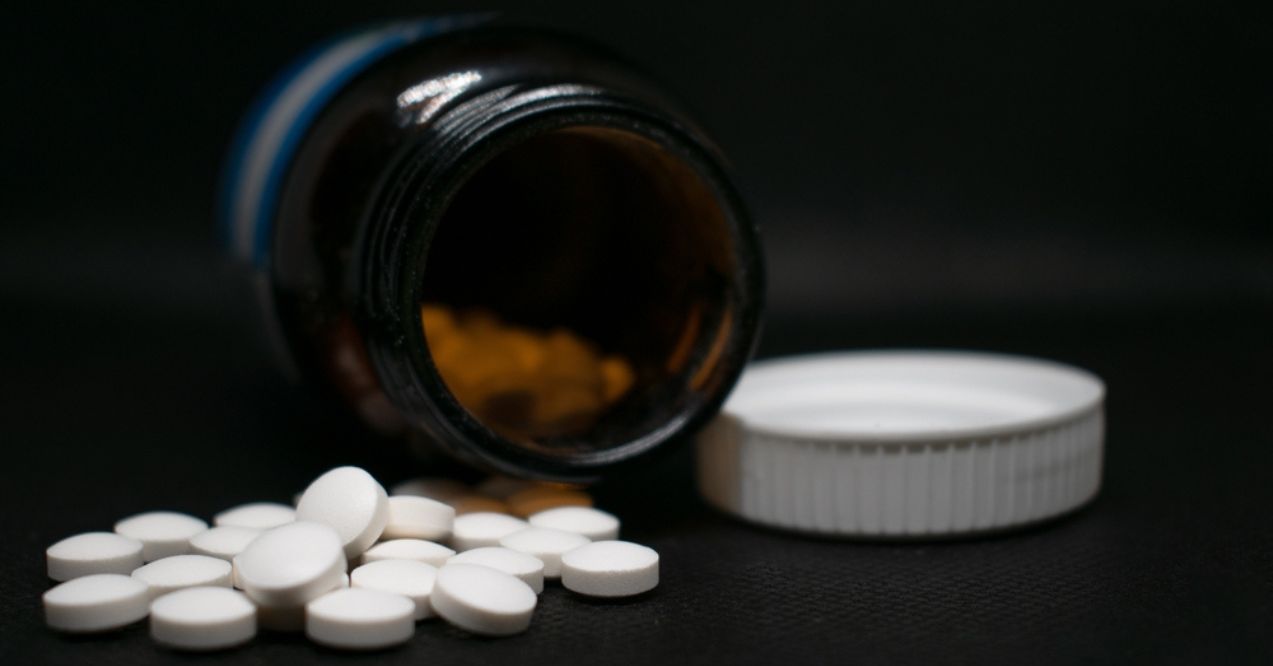
Certain medications can affect sebum production, potentially leading to increased skin oiliness. If you’ve recently started a new medication and noticed changes in your skin, this could be the reason why is my skin so oily all of the sudden. While it’s important to continue prescribed medications, discussing any skin concerns with your healthcare provider can help identify potential alternatives or additional skincare strategies to manage these effects.
9. Over-washing or Over-exfoliating
Excessive cleansing or exfoliation can disrupt the skin’s natural balance, ironically leading to increased oil production. When the skin is stripped of its natural oils too frequently, it may compensate by producing even more sebum. Aim for a balanced cleansing routine, washing your face no more than twice daily with a gentle cleanser. Limit exfoliation to 1-3 times per week, using mild exfoliants that don’t irritate the skin.
10. Use of Certain Makeup Products
Oil-based or heavy makeup products can clog pores and exacerbate skin oiliness. To manage this, opt for lightweight, oil-free, and non-comedogenic makeup options. These products allow the skin to breathe and are less likely to contribute to excess oil production. Additionally, ensure thorough makeup removal at the end of each day to prevent pore blockage and allow your skin to renew itself overnight.
Effective Strategies to Manage Oily Skin
If you’re wondering why is my skin oily all of a sudden, implementing these strategies can help manage excess sebum production:
- Use gentle, oil-free cleansers twice daily to remove excess oil without over-drying.
- Incorporate non-comedogenic, lightweight moisturizers to maintain skin hydration.
- Apply clay masks weekly to absorb excess oil and unclog pores.
- Choose oil-free, mattifying sunscreens for daily UV protection without added shine.
- Opt for water-based or powder makeup products to minimize pore clogging.
- Utilize blotting papers throughout the day to absorb excess oil without disturbing makeup.
- Maintain a balanced diet rich in fruits, vegetables, and omega-3 fatty acids.
- Stay hydrated by drinking plenty of water daily.
- Manage stress through regular exercise, meditation, or other relaxation techniques.
- Avoid touching your face frequently to prevent transferring oils and bacteria.
- Use salicylic acid or niacinamide-containing products to regulate oil production.
- Consider using a humidifier in dry environments to balance skin hydration.
Consistency is key when implementing these strategies. Results may take time, so patience is essential. If oiliness persists or worsens, consider consulting a skincare professional for personalized advice.
Conclusion
If you’ve been wondering why your skin is so oily all of a sudden, it could be due to a combination of factors such as hormonal changes, stress, or even shifts in weather. These changes can lead to an increase in sebum production, making your skin feel greasy and prone to breakouts.
By focusing on a consistent skincare routine, staying hydrated, and choosing non-comedogenic products, you can manage oil production effectively. Keep in mind that results take time, but with the right approach, you can achieve a balanced and healthier complexion. If the issue persists, consider seeking personalized advice from a skincare professional.
Yes, weather affects skin oiliness. Heat and humidity can increase sebum production, leading to oilier skin. Conversely, cold, dry weather may initially reduce oiliness but can trigger overcompensation, resulting in more oil production.
Yes, stress can increase skin oiliness. When stressed, your body releases cortisol, which can stimulate sebum production. Managing stress through techniques like exercise, meditation, and adequate sleep may help regulate oil production in your skin.
Diet affects skin oiliness through foods high in sugar, refined carbs, and certain dairy products, which may increase sebum production. Consuming more fruits, vegetables, and omega-3 fatty acids can help regulate oil levels and promote healthier skin.
Genetics play a significant role in determining skin type, including oil production levels. While you can’t change your genetic predisposition to oily skin, you can effectively manage it with proper skincare routines and lifestyle habits.
Makeup can contribute to oily skin by clogging pores, especially when using oil-based or heavy products. These formulations can trap sebum and sweat, leading to increased oiliness and potentially exacerbating skin issues over time.
This site offers health, wellness, fitness and nutritional information and is designed for educational purposes only. You should not rely on this information as a substitute for, nor does it replace, professional medical advice, diagnosis, or treatment. If you have any concerns or questions about your health, you should always consult with a physician or other health-care professional. Do not disregard, avoid or delay obtaining medical or health related advice from your health-care professional because of something you may have read on this site. The use of any information provided on this site is solely at your own risk.
Nothing stated or posted on this site or available through any services are intended to be, and must not be taken to be, the practice of medical or counseling care. For purposes of this agreement, the practice of medicine and counseling includes, without limitation, psychiatry, psychology, psychotherapy, or providing health care treatment, instructions, diagnosis, prognosis or advice.
